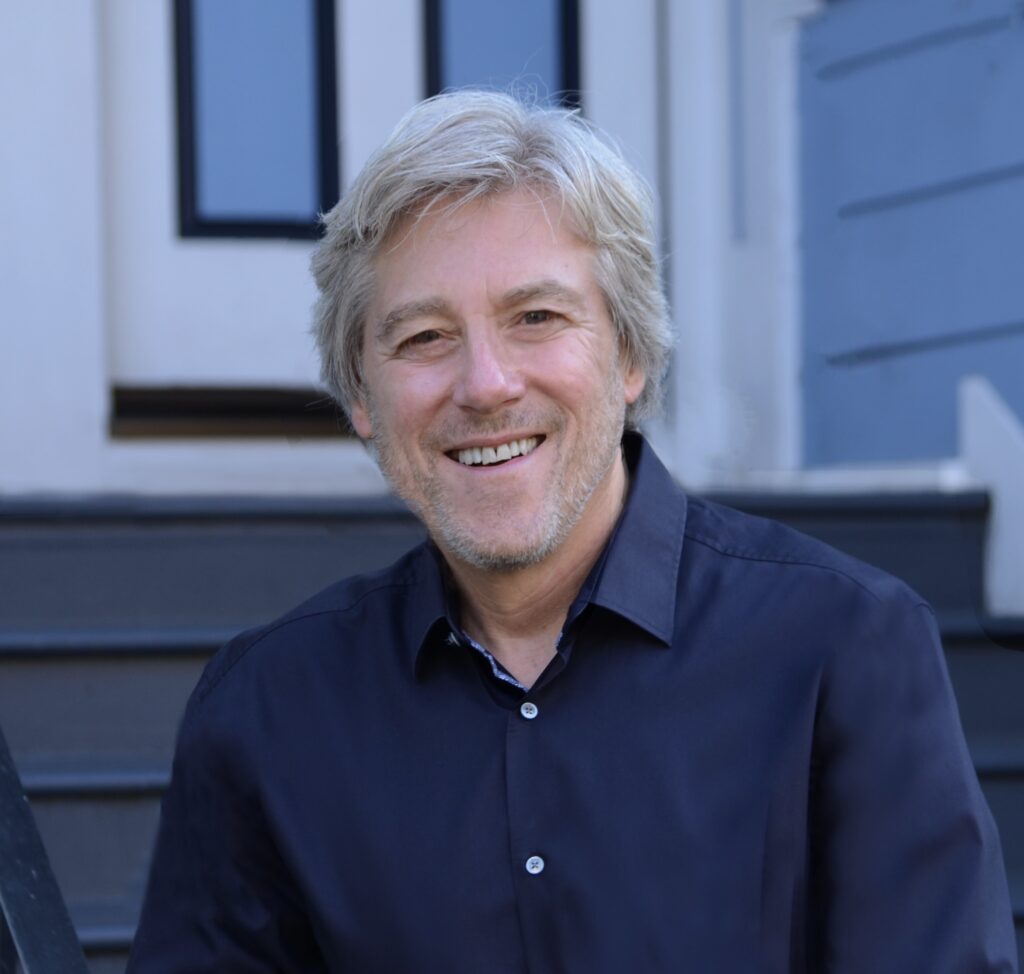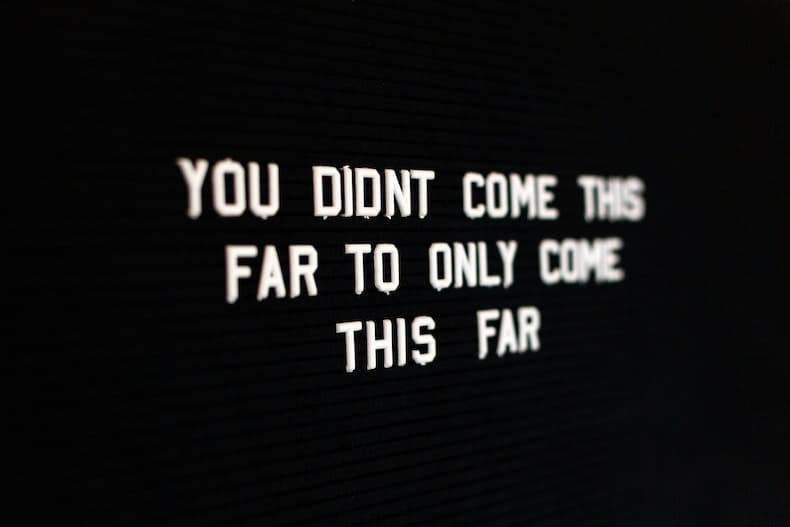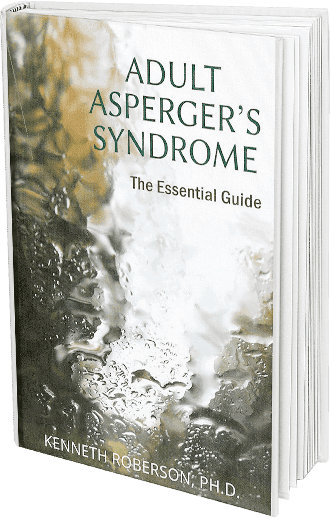
The question of whether someone with Autism Spectrum Disorder (ASD) can change who they are is controversial. Most experts believe Autism is caused by abnormalities in the way the brain develops. It follows that changing one’s behavior would be hard, if not impossible, because it is a neurologically based condition, as opposed to one that develops from one’s experiences, such as family background or early trauma, to name two possibilities. One may learn to cope with and perhaps modify some aspects of the condition, but the essential characteristics of ASD are “hard wired.” Once you have it, it’s there for life.
What’s controversial about this theory is the pessimistic implication for people who would like to change their behavior. If ASD is genetically determined, or at least present in one’s brain from the beginning, how is change possible?
My own opinion, which I have written about before, is that people with Autism Spectrum Disorder are much more capable of changing their behavior than is commonly thought.
As is well known, the brain has an extraordinary ability to modify and re-wire itself. Even in cases of a severe blow to the head, damage from a stroke, or diseases like the Zika virus that effect brain development very early on, the brain can modify and rebuild itself to regain much, if not all, of its normal functions, given the right circumstances. To consider a condition permanent because it effects how the brain develops, even at an early age, misrepresents the enormous potential of the brain to modify and reshape itself.
So, if it is possible for someone with ASD to change, what would it take for that to happen? At the risk of oversimplifying a complex problem, my answer boils down to one word: MOTIVATION.
The Common Factors in Change
Let me use the practice of psychotherapy to explain my position. A great deal of research shows that the particular methods, techniques, and problem-solving approaches a therapist employs contribute less to whether someone changes than do factors that are common to different therapies.
These include, but are not limited to, the personalities of the client and the therapist, the presence of supportive family members, the client’s persistence and expectation that change will happen, hope on the part of the client, the therapist’s level of empathy, and the ability of client and therapist to collaborate.
Notwithstanding the importance of these common factors, I happen to believe that whether someone with Autism Spectrum Disorder will change depends largely on whether he or she wants to change. The sincerity and intensity of one’s desire to be different, in my opinion, are the most important determinants of whether change can happen. From my many years of work as a therapist, I have come to the conclusion that change is possible if a person with ASD is determined to change, sincerely wants to change and is willing to put the time and effort to make that happen. It may take hard work over a long period of time, but changing the behaviors of Autism is quite possible.
Can Everyone With Autism Spectrum Disorder Change?
No. Even wanting to change doesn’t guarantee it will happen. The extent of one’s challenges may be so great that any amount of work will not make Autism Spectrum Disorder disappear. Other considerations, such as access to help, lack of support, the ineffectiveness of therapeutic techniques, comorbid conditions (the presence of one or more additional conditions), illnesses, therapist’s competence, and others complicate change. Even the desire to change, to grow and be different can vary, and one’s success varies accordingly.
However, I firmly believe that when all is said and done, given the nature of ASD and how people grow and develop, the strength of one’s desire to be different is the single most important cause of one’s success in rising above this condition.
My message to adults with Autism Spectrum Disorder is: If you sincerely want to change, and you are willing to put in the effort and make the sacrifices that change often requires, it is, in my opinion, entirely possible for you to be the happy, well adjusted, socially competent, respected, liked and appreciated person you hope to be.
Remember:
Our greatest weakness lies in giving up. The most certain way to succeed is always to try just one more time. Thomas Edison




